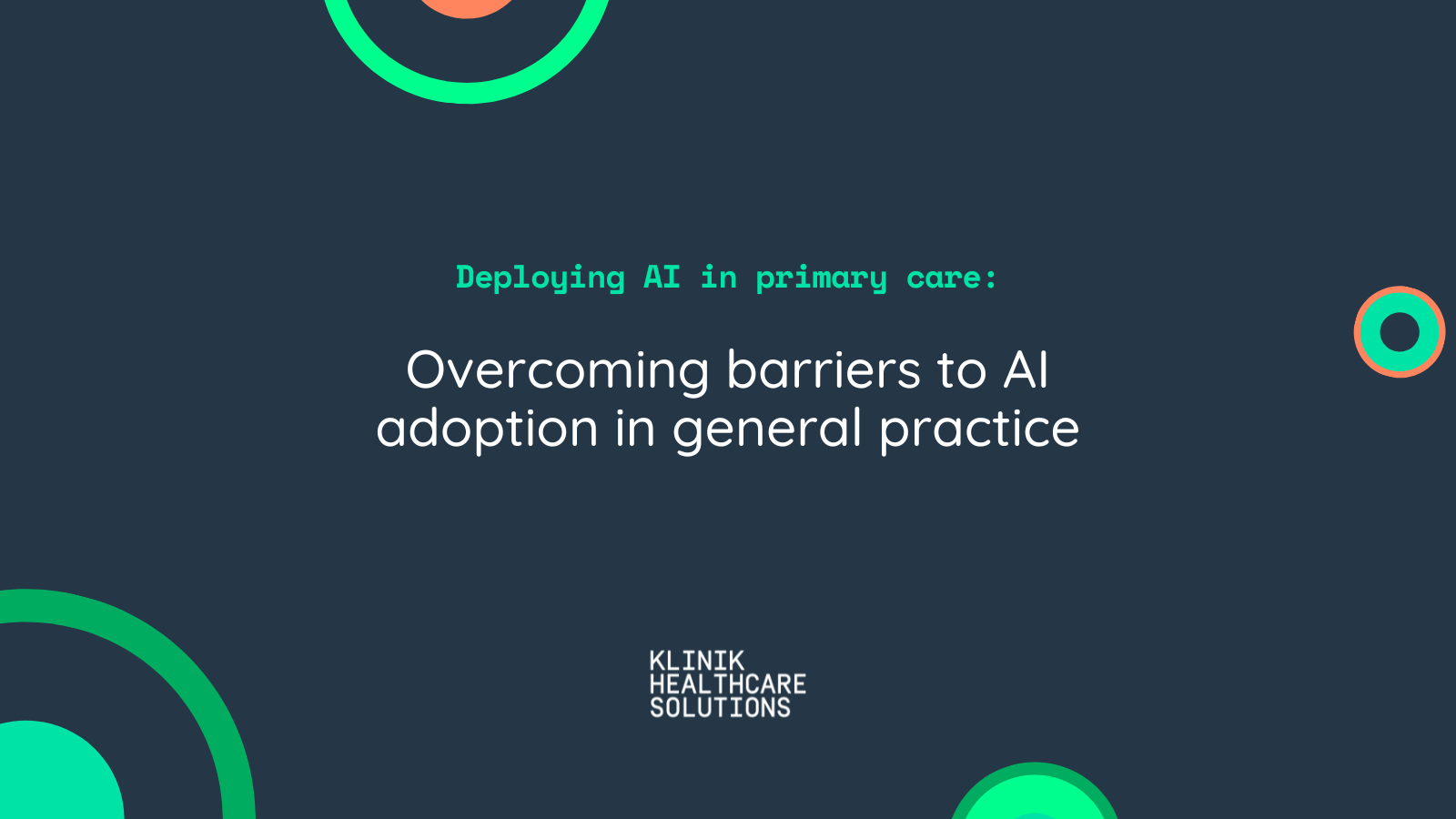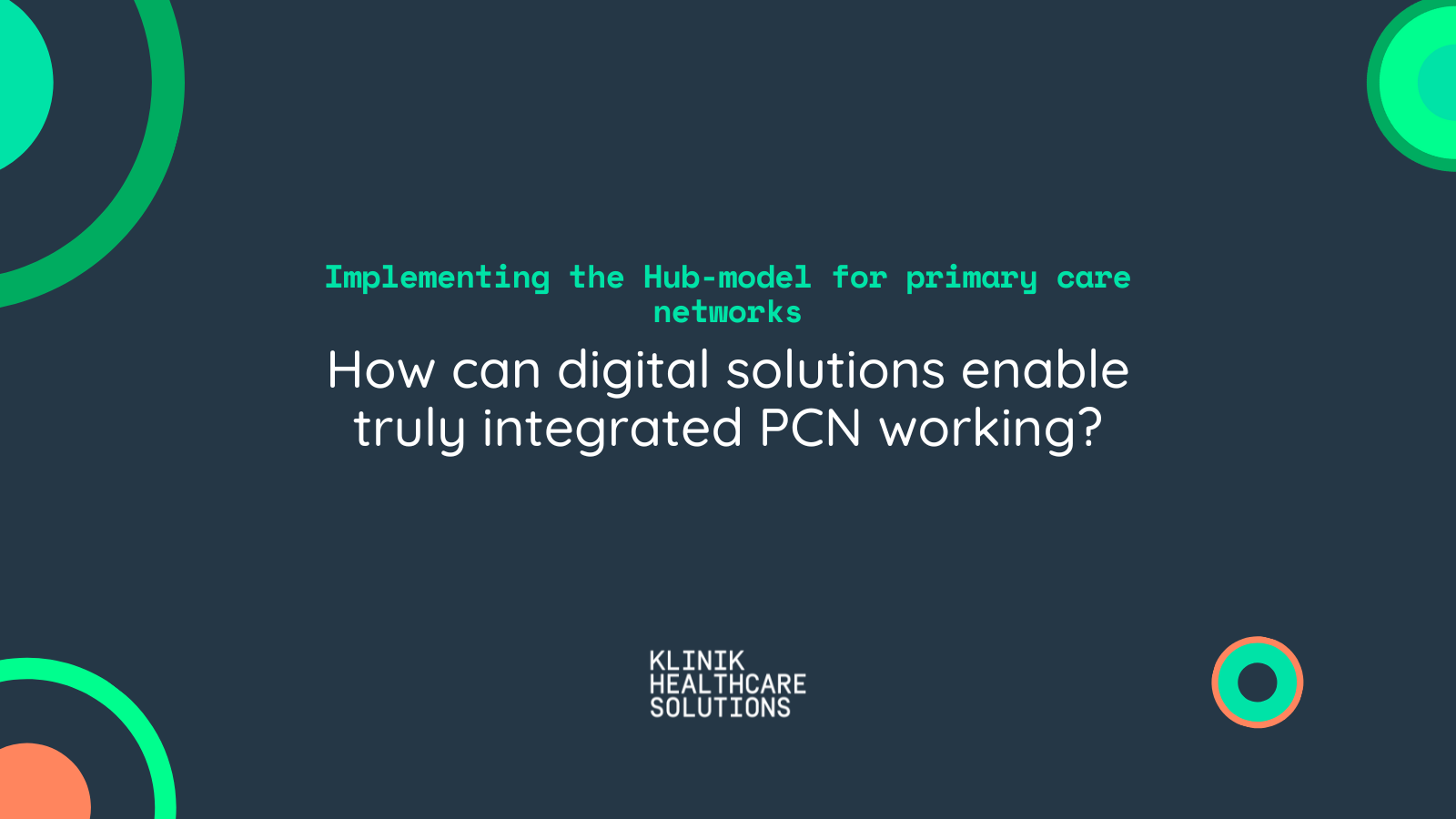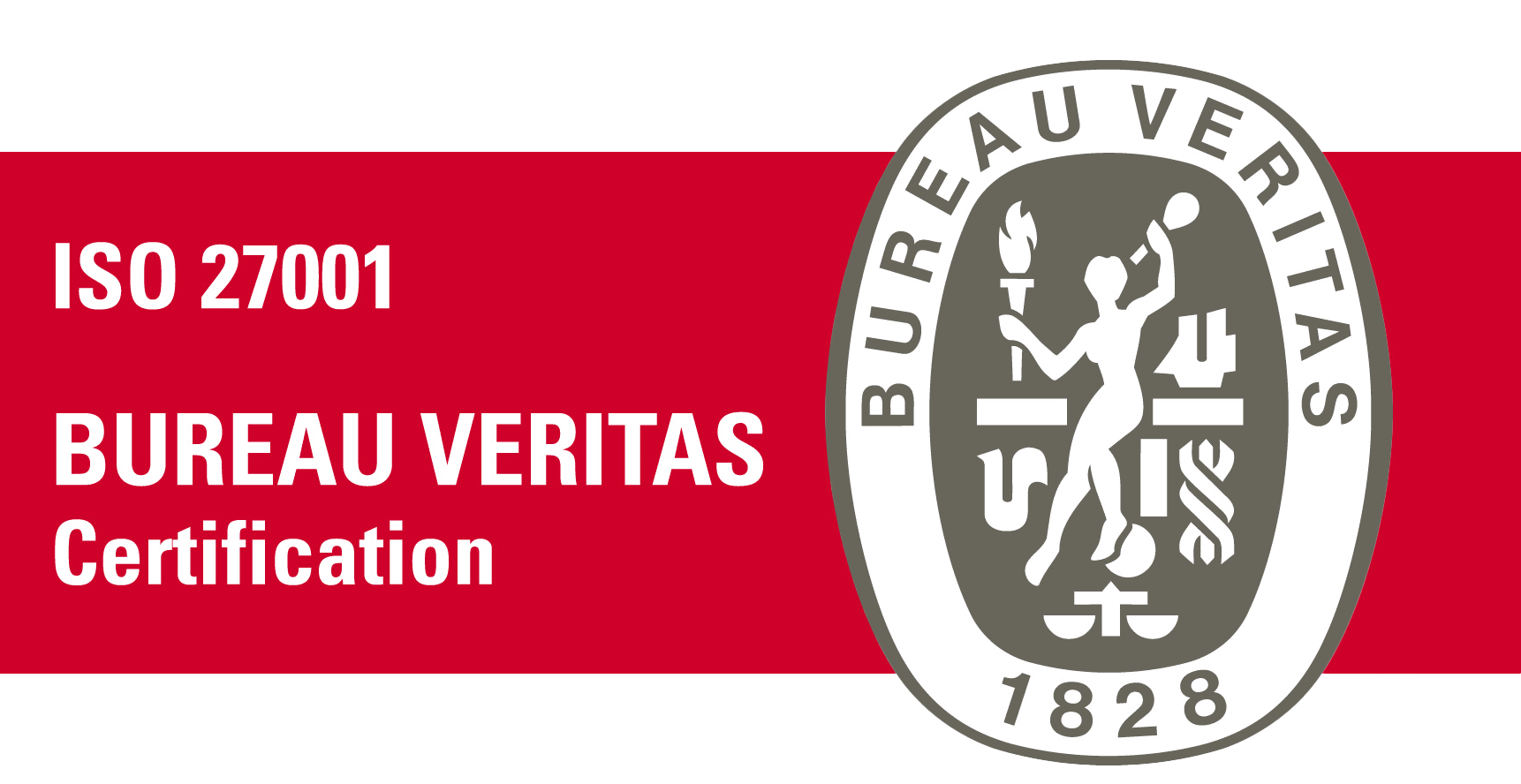The challenges facing general practice: Urgent help required

High demand, bureaucracy, and recruiting to additional roles are just some of the factors taking a drastic toll on general practice, according to the discussion around the challenges facing primary care. There is a way forward, and practices across the UK and Ireland are addressing many of the issues being faced.
Responses to our latest poll indicate that GPs need urgent help if they are to cope with the second wave of the pandemic.
We asked GP surgeries what was the main challenge they would like solving before Christmas. It opened a pandora’s box of pain for GPs for whom these past few months have become almost too much to bear.
‘Something has to give,’ said Dr Simon Hodes, in a discussion that engaged GPs from across the profession. One was considering resigning due to the pressure; another was exhausted. There was a danger the system was ‘on the precipice of crisis and collapse’.
Challenges facing general practice
The poll itself revealed that, for half of the respondents, dealing with COVID and the backlog in care was the top priority. Recruiting new staff was next up for a quarter, and one in five wanted to use technology to manage demand.
It was the topic of the poll that lit the blue touchpaper for many, as hard-pressed GPs vented their huge frustration on the wider challenges they face.
Dr Simon Hodes called for greater flexibility. His poll response was to choose another option. He said: “My view is #PatientsAtTheCentre 1) bureaucracy (CQC, QOF, Lis, LES, new IIF etc should all be postponed) 2) free up ARRS/PCN funds for use on any staff (incl winter pressures) equipment or estates (laminate floors etc).”
The RCGP’s digital technology lead Pritesh Mistry added that stabilising foundations to build the future of health & care were needed.
Dr Paul Atkinson didn't think there was much backlog in primary care due to the work of practices. He did note that "we are likely to have to help with the backlog elsewhere in the NHS, we [have] seen this starting already".
This could be seen in the interface with secondary care, which is not working for some. There are reports of GPs having to pick up work that should be done in hospitals. “Nearly every letter we get now has breaches of contract,” said Yvette Doc. “Can you arrange bloods? Can you start this medication? Can you refer on to so-&-so? These letters are taking time to read, action & bounce back...the patient is the one who is suffering.”
Demand is ramping up, and systems, processes and people are still adapting to what could optimistically be called the ‘new normal’, as we discussed in our recent blog on the impact of coronavirus on GP services.
Yet the bureaucracy headache persists, and this was exemplified by the additional roles reimbursement scheme. The ARRS (additional role recruitment scheme) is proving a real pain for many; having to recruit and train extra staff is a distraction many do not need.
Primary care pushed to the limit
With ARRS and a host of other activities taking place, NHS England’s moves to minimise red tape will be welcome - especially following the row over the perceived pressure on GPs to return to ‘appropriate levels of activity’.
Suggestions that practices need to deliver more face to face appointments went down quite badly, to say the least - especially when it was amplified by the bonkers-mob in the UK press.
Four hundred GPs signed an open letter to the media that complained bitterly about the accusation that they were not doing enough. As Dr Neena Jha said: "Primary care staff have been pushed to their limits and we have devastatingly lost treasured colleagues along the way. To read misleading allegations that GPs have been closed is offensive to the entire work force."
Klinik customer the Haxby Group tweeted: Most #GPsurgeries have been open during the #Covid19 pandemic & working v hard. At Haxby Group our 11 surgeries have all been open and seeing patients We even opened our doors on bank holidays to make sure our patients got the care they deserve.
Professor Martin Marshall, Chair of the Royal College of GPs, echoed the point: “Throughout the pandemic general practice has remained open and GPs and our teams are working hard to care for both COVID and non-COVID patients.”
Such GP-bashing is very unhelpful when it is time to pull together; it just adds to the challenge.
At the precipice of crisis and collapse
Overall, the challenges faced by GPs were summarised well by clinical director Nick Jackson. Primary care is in the second wave of the pandemic, he said. GPs are delivering the biggest flu campaign ever, in the midst of the usual winter pressures. The post-lockdown rebound in demand needs managing; care homes need enhanced support.
This is all happening whilst they are being told to maintain face to face access plus total triage, and there is ongoing threat to the workforce due to self-isolation.
“At what point do we agree that it’s not possible to do all that, or at least not do it well or safely, and have an open conversation about what realistic priorities are for general practice right now?
“I once said that a general practice was like an incontinence product: very very absorbent - up to a point, after which it gets messy. Never more relevant than now, looking ahead to a winter where the danger is that a saturated system becomes super-saturated, and then is pushed to a precipice of crisis and collapse.”
As Dave Triska said: “Nothing like being at 120% capacity and being asked to save the system on a shoestring and in your spare time.”
A forward view for general practice
It was a powerful debate, but - as ever when GPs are involved - there were pragmatic solutions on how to move forward, such as Dr Hodes’ article on how NHS England could give the ARRS a much-needed kick.
The way forward could well be summarised by a recent BMJ article, which picked up on how the challenges that are currently facing general practice could impact on non-COVID patients.
In order to help everyone, “primary care must be sustainable, with a workload that is manageable, safe, and equitable,” it said. Choosing the right form of appointment for the right need is vital. As is recruiting the right roles and providing the right care in the right place.
Busting bureaucracy and making the most of the resources available will be vital in the months ahead, if we are to avoid insurmountable workload challenges.
For example, Church Street GP surgery in Ireland is using online triage technology to help it manage workload effectively. Easy-to-use technology helps the team share enquiries across the practice workforce, which can then be resolved through a mixture of online, phone and face-to-face appointments.
GPs such as Church Street are the front door to the wider healthcare system. They, and hundreds like them, are using technology to optimise their patient flow, which in provides the tools to support new roles, and the data on clinical need to identify what those roles should be.
It means the right patient gets the right care, leveraging the skills of the whole practice workforce to provide care in the best way possible. It is what everyone wants. But with COVID19 in the mix, it is proving to be a tricky journey to navigate.
But there are promising signs, and our next blog looks at how an entire country is supporting GPs address the challenges outlined above. Our upcoming blog will show how doctors and practices are meeting the needs of local populations by sharing workload across those most qualified to care.
Do get in touch to share your thoughts in the meantime, and thanks to all who took part in the discussion.
Klinik Access is a patient flow management software that directs patients to the optimal resource in primary care. The system’s unique algorithm interprets the person’s symptoms to make a provisional assessment, and estimates the urgency of the care needed. Based on this, the person is automatically referred to the right place for care to begin.








